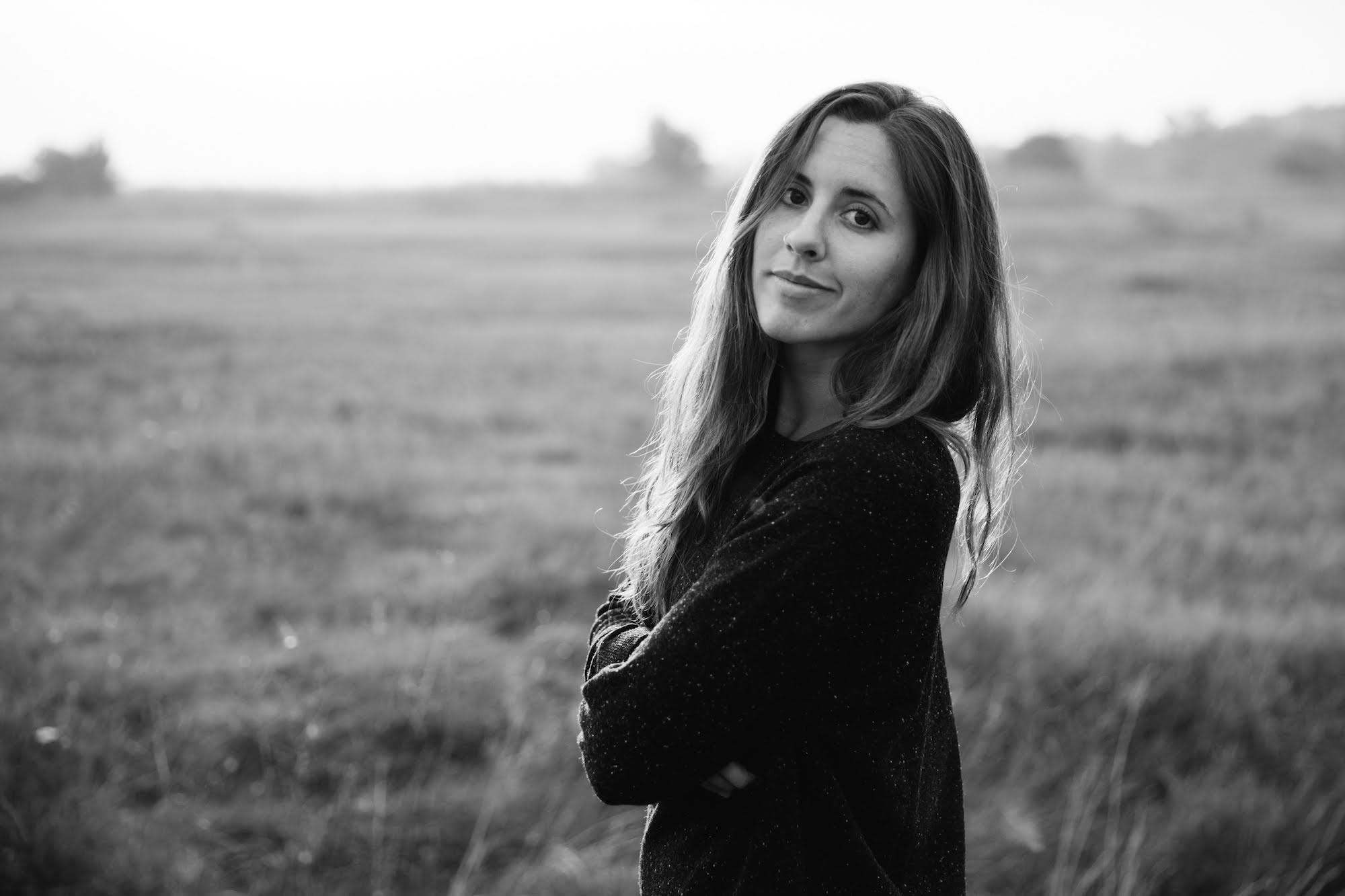
Second-year master’s candidate Eva Rendle has been named the recipient of the newly established $3,000 Brian A. Pollack Documentary Film Scholarship.
The fellowship, established in 2018, is awarded annually to a promising student of documentary selected by the prestigious program’s faculty.
Brian Pollack (‘08) is remembered as a warm and gregarious producer and documentary filmmaker who was passionate about shedding light on important issues worldwide. His investigative reporting took him around the U.S. and the world, where he covered such issues as the disposal of oil waste in California, the power of voting in swing states, and the sacrifices of U.S. troops in Afghanistan. He enjoyed travel and was an avid and accomplished outdoorsman, with a love for hiking, kayaking, and camping.
“Choosing the recipient was a real challenge!” said Dawn Porter, director of the documentary program. “In the end, it was Eva’s thoughtful approach to story and her comprehensive reporting, representing the best of modern filmmaking. She is deeply concerned about crafting a story that rises above the sum of its parts. She is tenacious and collaborative, and we are so excited to work with her as she completes her thesis film.”
Rendle says it is an honor to carry on the legacy of the late filmmaker, who died in 2016.
The degree to which their interests overlapped is almost uncanny.
As someone who grew up taking skiing and backpacking trips with her family, Rendle, like Pollack, is devoted to the outdoors. She said she often sneaks to the North Fork of the Yuba River to spend time fly-fishing.
After graduating from the University of Colorado with a degree in environmental studies and geography, Rendle spent a year and a half working on organic farms and leading trips for Adventures Cross Country in Central America. She then moved to Seattle to pursue writing, and began working for Northwest Travel and Life magazine.
In 2015, she received an early career grant from National Geographic, and spent three months documenting the olive harvest on small family-owned farms in Spain, Greece, and Italy, telling the stories of farmers who were struggling to compete in the crowded, and often corrupt, olive oil market. In the end, she says her published story and photographs made for her most formative journalism experience.
In her time at Berkeley Journalism, Rendle has focused her reporting on immigration, agriculture, and environmental issues. Last spring, on assignment for the Earth Journalism course, she travelled to Southern Chile to investigate the link between water shortages and the thriving orchid moss industry in Isla de Chiloé.
“Coming from a photography background, I will always love shooting and focusing on the visuals,” Rendle says. “But over the past year and a half it’s been exciting to step in to the role of producer/director and really get comfortable taking ownership of a story. I’ve grown to love most aspects of filmmaking, from research to shooting to editing, but my long-term goal is to direct.”
Rendle says telling other people’s stories is a “real privilege,” which she doesn’t take lightly. “I think the best way to honor the trust people put in us is through thorough reporting and honest storytelling. I also think it’s important to go into every story with an open mind, instead of a desired outcome. I started pursuing a thesis topic based off of some flashy headlines and shocking statistics I had read. But months of interviews and research led me to a completely different story, one that in the end, I think, is much more important. I’m grateful that documentary gives me the time and space to arrive at that place.”
Having the right mentors has been critical. “The documentary world can be intimidating for women, especially when you’re just starting out. I feel incredibly lucky to get to learn from Carrie Lozano and Dawn Porter, two successful and celebrated female filmmakers. Carrie’s History of Documentary class is what really solidified my decision to pursue the documentary track. She is an incredible mentor, and has really pushed me to feel confident in my abilities as both a reporter and a filmmaker. Dawn has taught me to be unapologetically tough and human at the same time. It’s important to be dogged when hunting down a story, and it’s also okay to cry during emotional interviews.”
Again, the personalities of the honoree and the recipient uncannily converge.
“Brian Pollack was one of those people who lit up the hallways in North Gate Hall with his presence,” says documentary producer Zachary Stauffer, a classmate of Pollack’s. “He was everyone’s biggest fan. It’s great to see his legacy live on in this scholarship so that students like Eva can go forward and make their bold stories and ideas a reality.”
“Congratulations to Eva on being the first recipient of this award,” says Brian Pollack’s sister Carol Pollack-Nelson. “This scholarship honors Brian’s memory and supports the important role documentary films play in revealing the truth about issues and occurrences that, otherwise, might not be accessible.”
Rendle’s thesis film will explore the aftermath of last year’s North Bay wildfires in Napa and Sonoma’s agricultural communities.
The Brian A. Pollack Fund, formed in 2017 by Brian’s family and close friends to fund the Brian Pollack Documentary Scholarship, also provides money to Outdoor Outreach, an organization that teaches outdoor skills to underprivileged children in the San Diego area.
By Vishakha Gupta (’20)
To augment the scholarship fund created in his honor, readers are welcome to click here.
